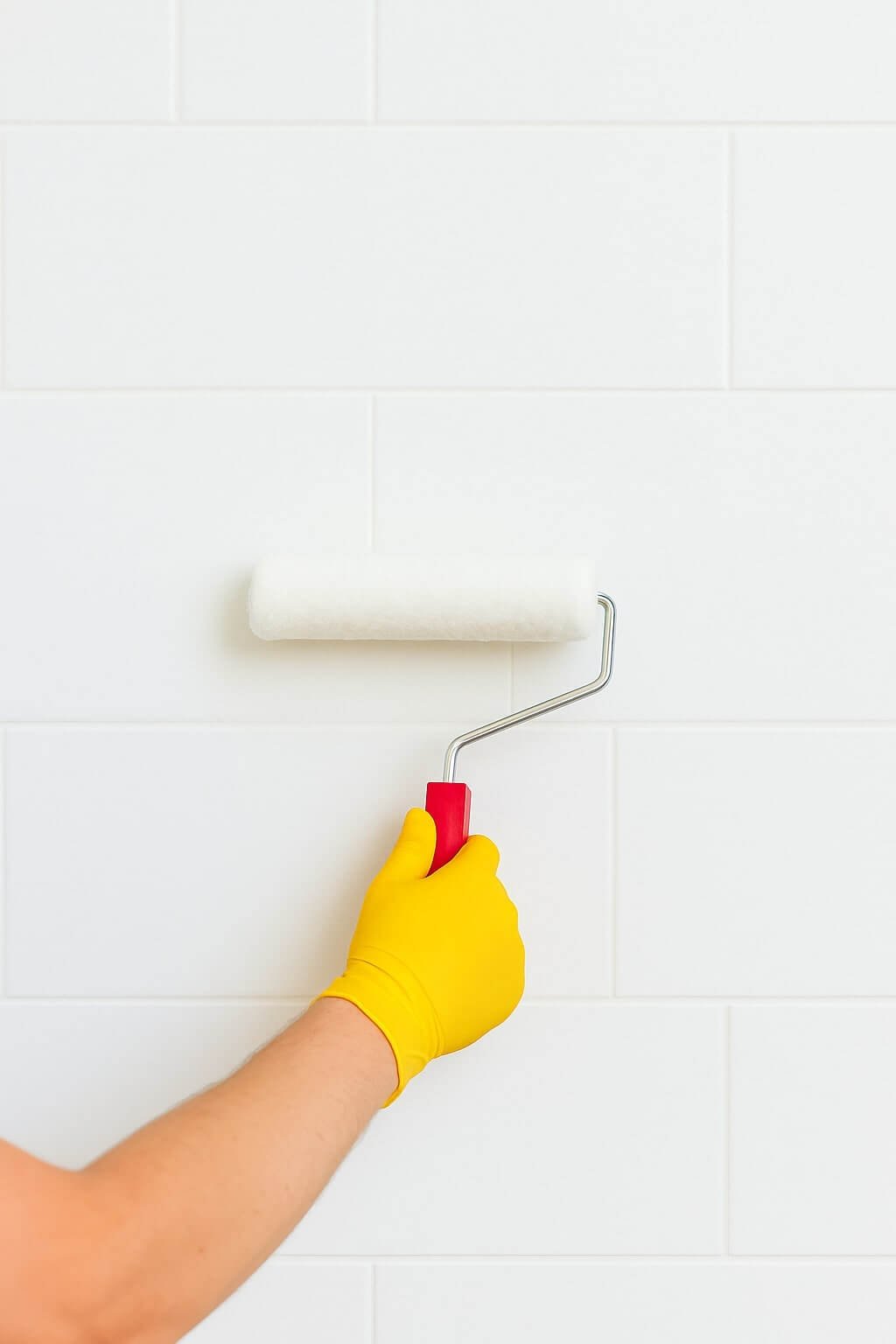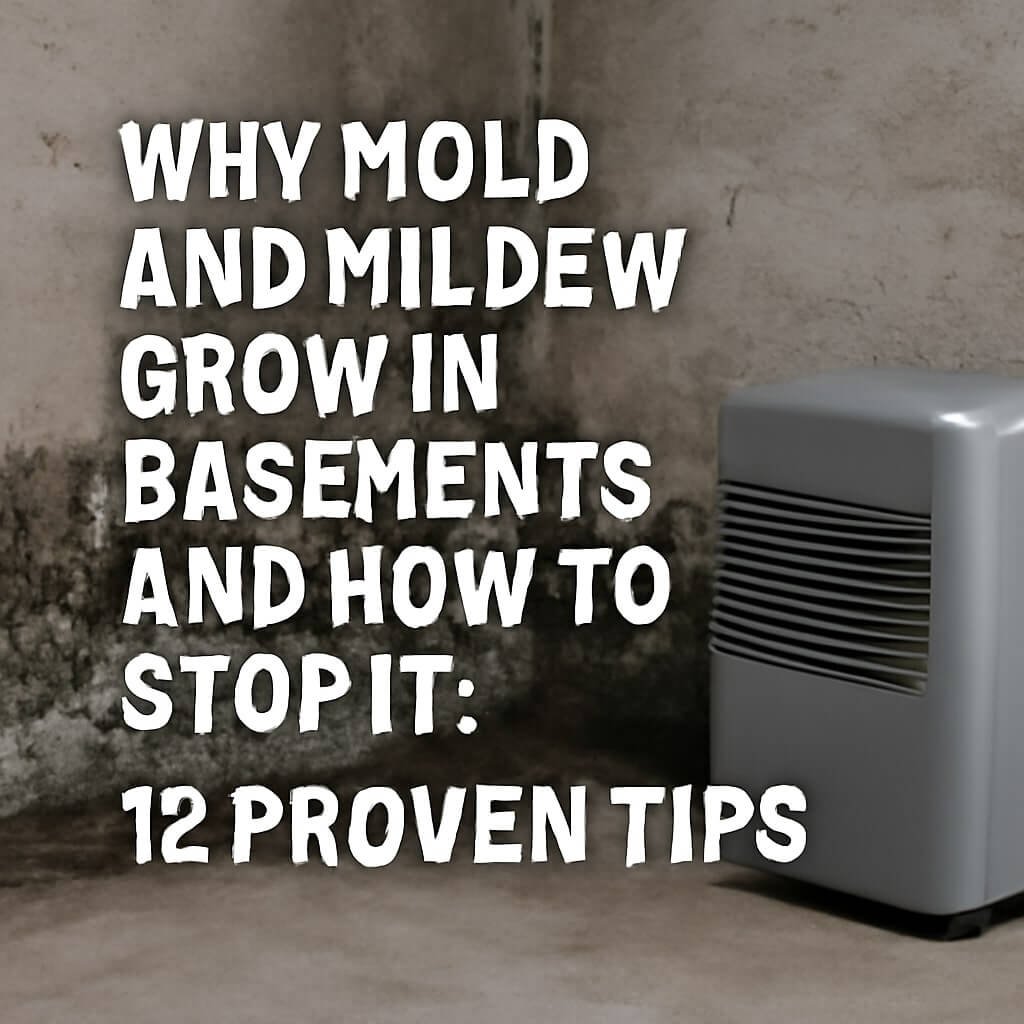Basements are notorious for moisture issues that can lead to mould, mildew, structural damage, and unpleasant odours. Choosing the right basement sealant is crucial for protecting your home investment and ensuring a dry, healthy environment. This comprehensive review of the best basement sealant brands will guide you through the top 10 powerhouse solutions, helping you pick a product that fits your needs and budget.
Why Basement Sealants Are Essential

Basements often face water intrusion problems due to soil moisture, cracks, and poor drainage. Basement sealants create a protective barrier that repels water and prevents moisture from penetrating concrete or masonry walls. Using a high-quality sealant can help:
- Prevent mould and mildew growth
- Maintain structural integrity
- Improve indoor air quality
- Reduce costly repairs
- Enhance home comfort and value
Ignoring basement moisture can result in long-term damage, so investing in a reliable sealant is a smart preventative measure.
Key Factors to Consider When Choosing a Basement Sealant
Before selecting a sealant, it’s important to weigh several factors to ensure optimal performance:
- Waterproofing Ability: Look for products designed specifically for waterproofing, not just moisture resistance.
- Durability: The sealant should withstand pressure, temperature changes, and potential chemical exposure.
- Ease of Application: Some sealants require professional application, while others are DIY-friendly.
- Cure Time: Faster drying times may be more convenient but sometimes sacrifice depth of penetration.
- Breathability: Sealants that allow trapped moisture to escape prevent peeling or blistering.
- Cost: Balance price with quality and coverage area to get the best value.
Overview of Basement Sealant Types
Understanding the types of basement sealants helps you match the right product with your basement’s specific needs. Here are the most common types:
Epoxy-Based Sealants
Epoxy sealants are two-part systems that bond tightly to concrete surfaces, providing excellent waterproofing and structural repair capabilities. They’re highly durable and resistant to chemicals but usually require precise mixing and application.
Pros:
- Strong adhesion
- High durability
- Resistant to abrasion and chemicals
Cons:
- Longer cure times
- Requires careful mixing
- More expensive
Acrylic Sealants
Acrylic-based sealants are water-based and easy to apply. They provide a flexible waterproof barrier but generally don’t last as long under extreme moisture conditions.
Pros:
- Easy application (brush or roller)
- Quick drying
- Affordable
Cons:
- Less durable than epoxy
- May need frequent reapplication
Polyurethane Sealants
Polyurethane sealants are flexible, tough, and excellent for filling cracks and joints. They resist water and chemicals well but can emit strong odours during application.
Pros:
- Flexible and durable
- Good adhesion on various surfaces
- Effective crack filler
Cons:
- Strong odour during application
- Usually pricier than acrylic
Top 10 Basement Sealant Brands Reviewed
1. Drylok Basement & Masonry Waterproofer
Drylok is a popular brand known for its easy-to-apply waterproofing paint. It seals pores and cracks in concrete and masonry surfaces and is available in both latex and oil-based formulas.
- Waterproofing: Excellent for mild to moderate moisture issues
- Durability: Long-lasting with good resistance to peeling
- Ease of Use: DIY-friendly with brush or roller application
- Price: Affordable
2. RadonSeal Basement Waterproofing Paint
RadonSeal specialises in sealing and waterproofing concrete surfaces. Its advanced formula penetrates deeply, blocking water at the source and reducing radon gas entry.
- Waterproofing: Superior deep penetration
- Durability: Highly effective against hydrostatic pressure
- Ease of Use: Requires clean surfaces for best results
- Price: Mid-range
3. Sashco Sealants – Through the Crack
Sashco’s “Through the Crack” is designed for concrete crack repair and waterproofing. It’s elastic and adheres well, filling cracks to prevent water intrusion.
- Waterproofing: Great for crack repairs
- Durability: Flexible and long-lasting
- Ease of Use: Simple caulking gun application
- Price: Moderate
4. Zinsser Watertite
Watertite is a water-based masonry waterproofing paint ideal for damp basements and masonry walls. It resists water penetration and prevents mould growth.
- Waterproofing: Good for damp areas
- Durability: Resists cracking and peeling
- Ease of Use: Easy to apply with a brush or roller
- Price: Affordable
5. Foundation Armour
Foundation Armour is a premium sealant for below-grade waterproofing. It boasts excellent adhesion and is formulated to resist hydrostatic pressure.
- Waterproofing: Professional-grade protection
- Durability: Long-lasting with high resistance
- Ease of Use: Suitable for pros and advanced DIYers
- Price: Higher-end
6. Quikrete Basement & Masonry Waterproofer
Quikrete offers a masonry waterproofing paint that seals and protects concrete surfaces. It’s a budget-friendly option with decent performance.
- Waterproofing: Adequate for minor leaks
- Durability: Good resistance to peeling
- Ease of Use: Easy DIY application
- Price: Very affordable
7. Ames Blue Max Waterproofing Sealant
Ames Blue Max is a premium elastomeric coating designed for basements. It stretches and contracts with surface movement, making it ideal for foundations with hairline cracks.
- Waterproofing: Superior waterproof barrier
- Durability: Highly elastic and tough
- Ease of Use: Brush or spray application
- Price: Premium
8. Permatex Waterproof Sealant
Permatex is known for its versatility in sealing and waterproofing. This product works well for minor basement leaks and surface sealing.
- Waterproofing: Effective for small leaks
- Durability: Moderate longevity
- Ease of Use: Convenient for spot repairs
- Price: Moderate
9. Black Jack Premium Waterproofing Sealant
Black Jack offers a thick, tar-based waterproofing sealant suitable for foundations and masonry. It’s highly resistant to water and chemicals.
- Waterproofing: Heavy-duty protection
- Durability: Long-lasting and tough
- Ease of Use: Requires brush application
- Price: Affordable
10. Rust-Oleum LeakSeal Rubberised Coating
Rust-Oleum LeakSeal is a flexible, rubberised coating that seals cracks and prevents water penetration. It’s designed for both indoor and outdoor use.
- Waterproofing: Excellent crack sealing
- Durability: Flexible and weather-resistant
- Ease of Use: Easy spray or brush application
- Price: Mid-range
How to Properly Apply Basement Sealants
Applying basement sealant correctly is critical for effectiveness. Follow these steps:
- Prepare the Surface: Clean walls thoroughly, removing dirt, paint, and loose debris. Repair large cracks.
- Dry the Area: Ensure the surface is dry before application.
- Apply Primer (if required): Some sealants need a primer for better adhesion.
- Apply Sealant: Use a brush, roller, or sprayer as recommended. Apply evenly in one or more coats.
- Allow to Cure: Let the sealant dry fully before exposing it to moisture.
Maintenance Tips to Maximize Sealant Longevity
- Inspect your basement walls annually for cracks or peeling sealant.
- Clean surfaces gently to avoid damaging the sealant.
- Address leaks immediately to prevent moisture buildup.
- Reapply sealant every few years or as needed based on product guidelines.
Common Basement Moisture Problems and How Sealants Help
Basement moisture can come from groundwater seepage, plumbing leaks, condensation, or poor drainage. Sealants help by:
- Blocking water from penetrating concrete walls
- Sealing cracks and joints where water can enter
- Reducing humidity levels by limiting water intrusion
Frequently Asked Questions (FAQs)
Can I apply basement sealant myself, or do I need a professional?
How long does basement sealant last?
Will basement sealants stop serious water leaks?
Are basement sealants safe for indoor use?
Can I paint over basement sealants?
How do I know which sealant is right for my basement?
Conclusion
Choosing the best basement sealant brand can make a huge difference in protecting your home from moisture damage. From DIY-friendly paints like Drylok to professional-grade solutions like Foundation Armor, there’s a sealant fit for every need and budget. Remember to consider waterproofing effectiveness, durability, ease of application, and maintenance when making your choice. A well-sealed basement means a healthier, stronger home that stands the test of time.



